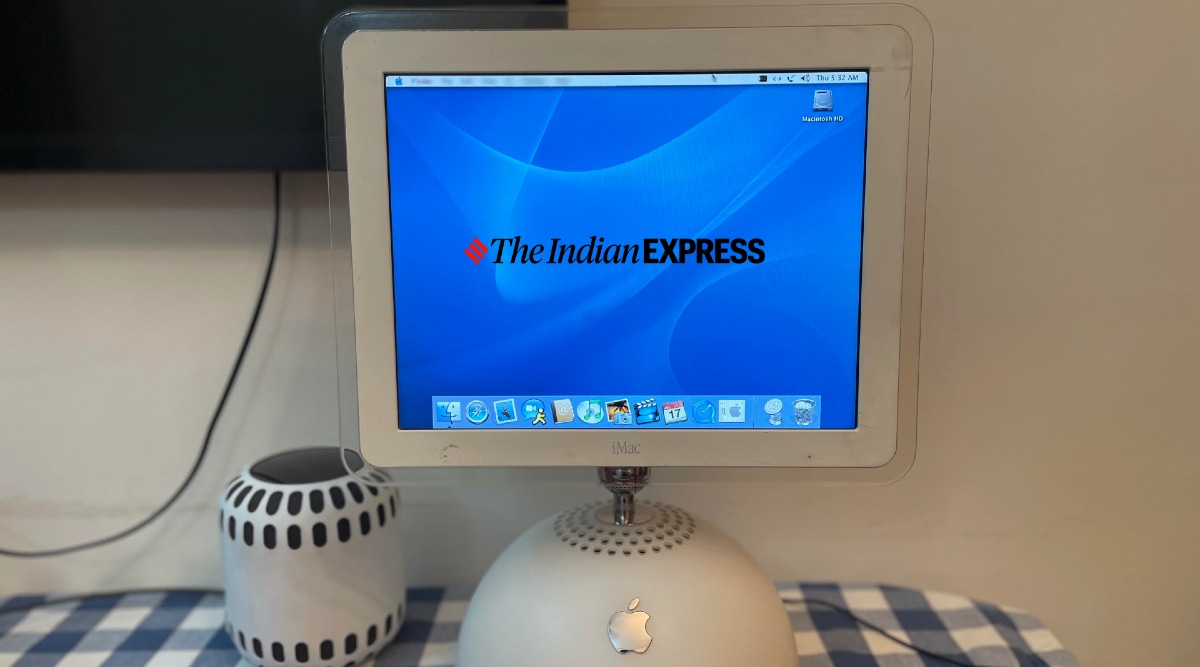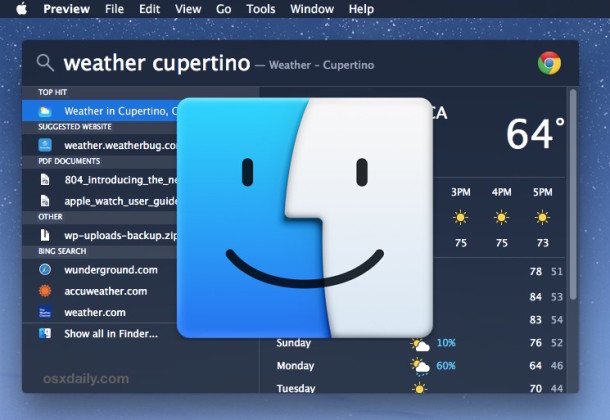

Then a funny thing happened: Google announced not much at the endless Google I/O keynote a few weeks ago there was no next leap for Android or Chrome OS, and Google's big deal a year ago - its Apple TV rip-off, the Nexus Q - was completely forgotten. Apple seemed ever more doomed, judging by the emerging conventional wisdom. But Google's Android saw the 4.1/4.2 "Jelly Bean" versions finally make it a solid OS, the Nexus 7 launch the mini-tablet boom, Samsung deliver one smartphone hit and one tablet hit after another, and more recently HTC debut the HTC One smartphone that could reverse its decline.
#SIRI MAC OS X MAVERICKS PC#
Meanwhile, Microsoft shipped Windows 8, an operating system so bad that PC sales have essentially stalled. Apple did so, with incremental upgrades in OS X Mountain Lion, iOS 6, the iPhone 5, the fourth-generation iPad, Safari 6, its Mac line, and the Apple TV. The rocky road to iOS 7 and OS X Mavericks In January 2012, I wrote that Apple could afford to coast that year, given its huge lead over Android and Windows.


Not all the pieces seemed to work together (no e-books on the Mac, no visual iOS integration with the car version of Siri), some pieces seemed abandoned (the iWork productivity suite), and some appeared dated (the iOS interface). Apple has taken a beating in the last year, with its stock price plummeting, commentary on the loss of its innovation edge, speculation that its Mac and iOS devices have both peaked, the Apple Maps snafu in iOS 6, and a seemingly unstoppable competitor (Samsung) that - according to popular wisdom - has learned Apple's own tricks.Īt the same time, Apple seemed spread too thin: It makes computers, mobile devices, operating systems, a productivity suite, media creation tools for video and e-books, a Web browser, an online entertainment store, a cloud syncing service, a streaming video TV box, and even a voice assistant for automobiles.


 0 kommentar(er)
0 kommentar(er)
